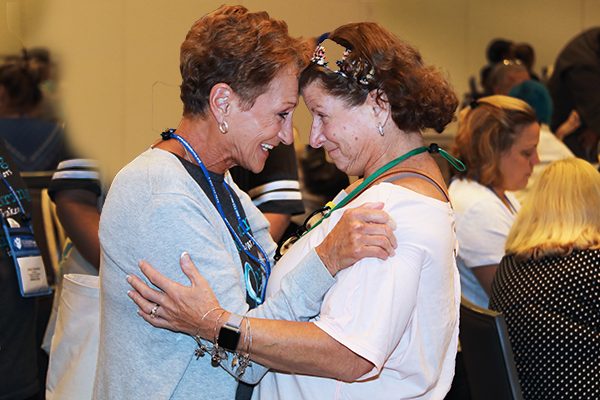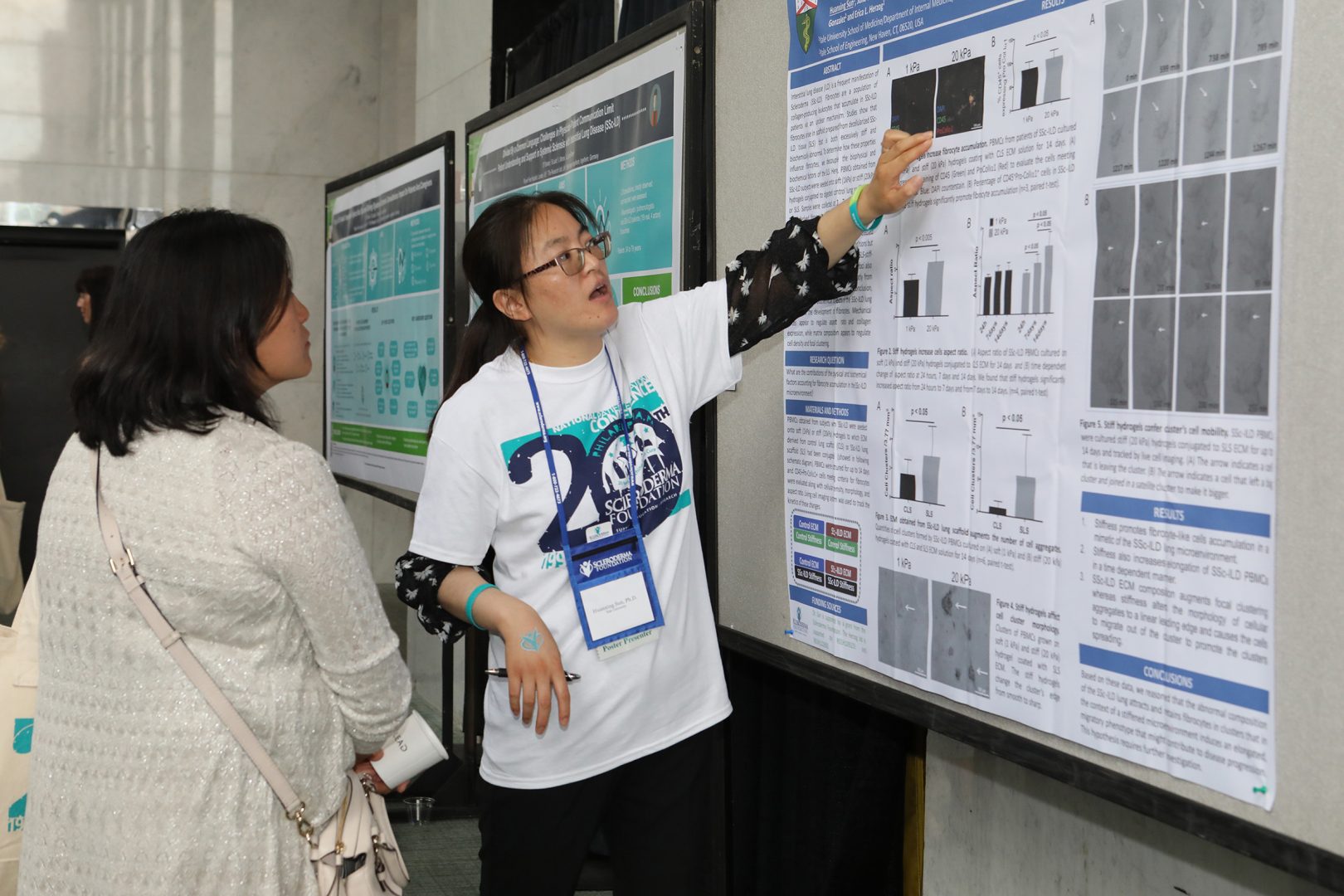Quote of the Day:
Your support network is the solid ground from which you can propel yourself upwards.
ORAL ISSUES WITH SCLERODERMA
People with scleroderma may experience a general tightening of the skin over the face. The opening of the mouth may be decreased in size (microstomia or small mouth), making lip and mouth movements as well as oral hygiene difficult. The best approach to treatment is by means of facial grimacing and mouth stretching exercises, including the use of oral augmentation props inserted between the upper and lower teeth. When doing these exercises, be careful to avoid further damage, especially to the jawbone and teeth. Particular care is advisable in using augmentation devices.
Consult with your dentist before starting any exercises or using any augmentation device. Preventive dental care, including regular flossing and brushing of the teeth and gums, is very important, as are regular dental visits for oral health, early detection, and prompt correction of any abnormalities. The dentist also can recommend a good oral hygiene program. Floss holders, pump toothpaste tubes, and built-up handles on toothbrushes can help people with hand impairment. (These measures are equally necessary for those with Sjögren Syndrome.)
Mark Your Calendars
IOWA SUPPORT GROUP
Tuesday, Sept 13th at 6:30 cst
NEBRASKA SUPPORT GROUP
Tuesday, Sept 20th at 6:30cst
HEARTLAND EDUCATION DAY
Saturday October 15, 2022
9am – 12:30pm


Dr. Monique Hinchcliff, MD MS
Director of Yale Scleroderma Program
Dr. Sundar Balasubramanian PHD
Medical University of South Carolina
heartlandchapter@scleroderma.org

Thank you, Jill Connolly, for all your dedication to the Heartland Chapter. Jill runs the original Scleroderma Facebook group, has been active in the Chapter for years, and is the current Support Group Leader in Iowa.


Volunteer of the Month Jill Connolly
I’m Jill Connolly. I’m from Winterset, IA. I was diagnosed with Diffuse Systemic Scleroderma in February 2013 at the University of Iowa. I decided to volunteer as a support group co-leader because I feel we, as patients with a rare disease, need to know we are not alone. Most of us knew no one else who had this when we were diagnosed. I found it to be very isolating. Having contact with others in this area has been vital for my own survival. I hope, in some small way, I have helped someone else with scleroderma. Although, I receive so much from all of you.


